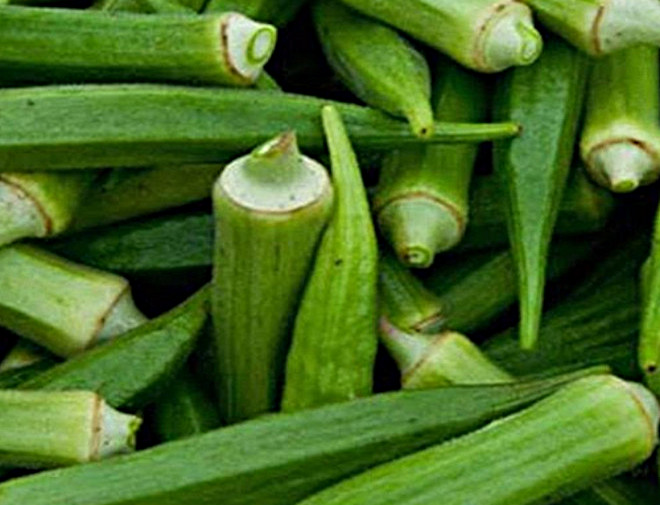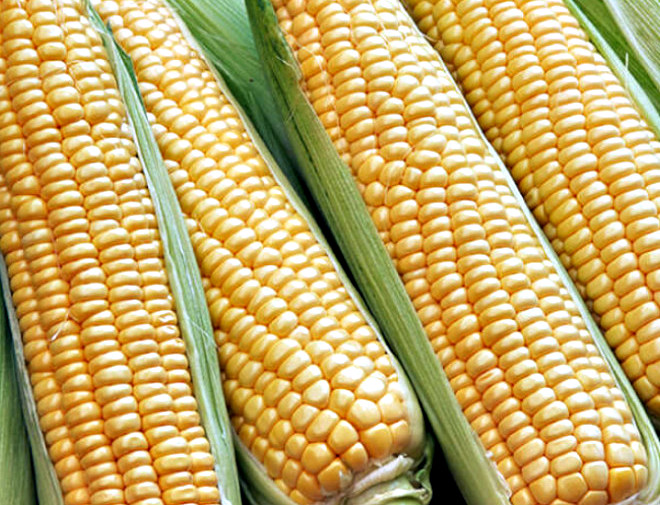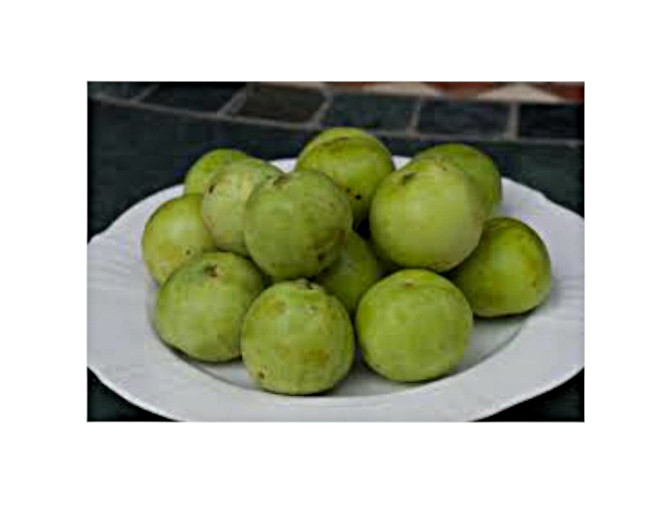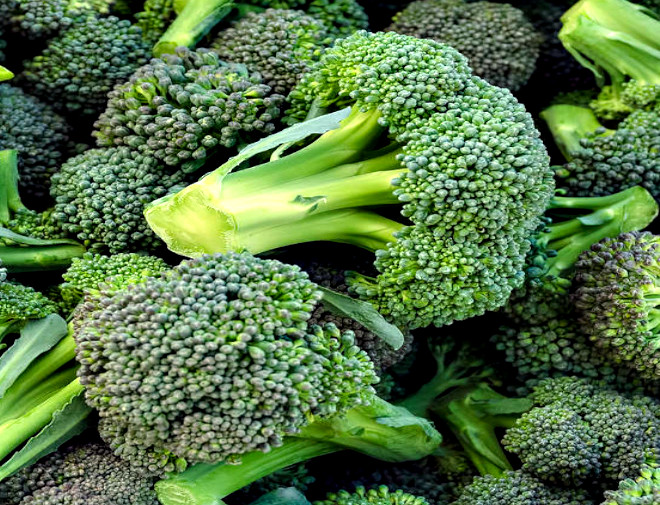Lady Finger Desi Seeds
Lady Finger Desi is developed for its since quite a while ago, pointed seed cases, which are utilized as a part of gumbos and soups. Okra is a tropical plant that is developed as a yearly vegetable. The seed units are particularly helpful for thickening stews due to their sticky adhesive. Okra plants are to a great degree dry spell and warmth safe and okra is a prominent vegetable in numerous nations with troublesome developing conditions.
₹55.00 Original price was: ₹55.00.₹35.00Current price is: ₹35.00.
lady fingerDescription
Lady Finger Desi is developed for its since quite a while ago, pointed seed cases, which are utilized as a part of gumbos and soups. Okra is a tropical plant that is developed as a yearly vegetable. The seed units are particularly helpful for thickening stews due to their sticky adhesive. Okra plants are to a great degree dry spell and warmth safe and okra is a prominent vegetable in numerous nations with troublesome developing conditions.
How to plant
- Test your dirt with a unit from the garden focus to decide your garden bed’s pH level. In the event that it is higher than 6.8, utilize sulfur or peat greenery to bring down it to the marginally acidic level okra favors. On the off chance that it is lower than 6.0, utilize limestone to raise the pH level with the goal that it isn’t excessively acidic.
- Work a 3-inch layer of manure into the best 6 to 8 creeps of soil to include richness and enhance waste.
- Sow lady finger seeds in late-spring, no less than a month after all risk of ice has passed. Night temperatures ought not fall beneath 60 degrees Fahrenheit. Plant them at a profundity of 0.5 inch, at a separating of 6 inches separated inside columns. Columns ought to be no less than 24 inches separated. Water the planting zone delicately.
- Thin lady finger seedlings to no less than 12 inches separated when they are 3 inches tall. Pick the hardiest looking seedlings, and expel the rest by cutting the seedlings at the dirt line.
- Keep the dirt in the okra bed reliably clammy until the point that the plant blossoms. Supplement water with a hose or trickle water system framework amid times of low precipitation.
- Water okra plants less every now and again after they deliver blossoms. The stems are inclined to spoiling if soil conditions are excessively clammy.
- Side-dress the plants with extra fertilizer around 30 days subsequent to sowing seeds. Lay a limited band of manure a couple of crawls before every lady finger push, at that point water to enable the supplements to start siphoning into the dirt.
- Screen plants for indications of aphids and insect bugs, which incorporate bit looking foliage and hindered plant development. Set a hose to a solid shower to thump these flying nuisances from the plants. Expel infected or pervaded stems and clears out.
- Start picking okra around 50 days in the wake of sowing seeds, after the plants’ petals fall. To diminish the cases’ inclination to have a “foul” surface, they ought to be no longer than 4 crawls at reap. Evacuate the cases with around 1 inch of stem joined, utilizing sharp pruning shears.
- Keep gathering lady fingers as long as the plants keep on producing units, which can be up to multi year in warm atmospheres. On the off chance that you gather each other day, you’ll keep the plants creating – something else, over-aged cases will flag the plants to quit bearing okra.
Pests
- Shoot and fruit borer
- Okra fruit borer
- Leaf roller
- Blister beetle
- Leafhopper
- Whitefly
- Aphid
- Solenopsis mealy bug
- Dusky cotton bug
- Red cotton bug
Related products
-
₹55.00Original price was: ₹55.00.₹35.00Current price is: ₹35.00.The most famous garden vegetable yield, tomatoes... -
₹115.00Original price was: ₹115.00.₹60.00Current price is: ₹60.00. -
₹55.00Original price was: ₹55.00.₹35.00Current price is: ₹35.00.Tolerant of pruning and shearing. Little Gem... -






